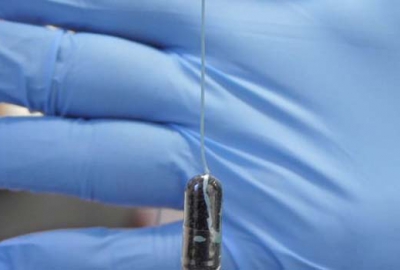Researchers have found that babies sleeping on animal fur for their first 3 months of life could have a reduced risk of developing asthma later in childhood.
The findings of the research will be presented at the European Respiratory Society (ERS) International Congress in Munich, Germany today. The study suggests that if a baby is exposed to the microbial environment found in animal skin and fur it could derive a degree of protection from asthma and allergies from it.
The Centers for Disease Control and Prevention (CDC) state that asthma is one of the most common chronic diseases experienced by children. It is characterized by wheezing, breathlessness and chest tightening, and can affect adults equally.
According to the CDC, 9.3% of children and 8% of non-institutionalized adults in the US have asthma. In 2010, asthma was estimated to have caused 1.8 million visits to emergency departments. These numbers are increasing every year.
At present, nobody knows what causes the majority of asthma cases or how to cure it. Treatment focuses on alleviating the symptoms, but this new research could prove to be a gateway toward improving what is known about the condition.
Sleeping on animal fur
Previous research into this area had indicated that exposure to a variety of different environments from a young age could help defend the body against the onset of asthma and allergies. These findings, however, had yet to be fully confirmed within a city environment.
As a result, the researchers chose to investigate children from an urban setting who had been exposed to animal skin by sleeping on it for the first 3 months after birth. They used data from a German birth cohort that included over 3,000 newly born children predominantly recruited in 1998.
The researchers collected information on the health of the children until they reached 10 years of age. The study utilized data on a total of 2,441 children; of these, 55% slept on animal skin for the first 3 months of their lives.
They found that the risk of a number of factors connected with asthma was reduced for those sleeping on animal skin. Children who had slept on animal skin were 79% less likely to have developed asthma by the age of 6 than children who had not been exposed to animal skin.
By the age of 10, the risk of developing asthma had decreased further to 41%.
"Previous studies have suggested that microbes found in rural settings can protect from asthma," said Dr. Christina Tischer of the Helmholtz Zentrum München Research Centre.

















